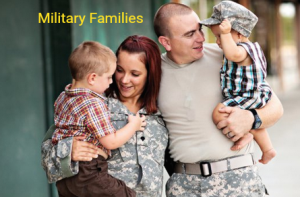As a speech pathologist, I have seen all kinds of behaviors in children (and adults). Some behaviors can be as mild as a simple verbal “no” or as aggressive as a hit, punch, swing or spit. Some kids cry and fall like trees. Some kids become “bulldozers” as they scoot across the treatment room. In 1993, I had a kid “roll” down the hallway, past the administration office and end up in the PT gym.
While it’s no secret that children who have difficulty communicating can exhibit behaviors, we as parents and caregivers need to take certain steps so that the child understands their own expectations and boundaries. Our ultimate goal is for our kids to become effective, functional communicators.
Here are some ways that I manage inappropriate behaviors in children with communication difficulties:
1. Verbally rewarding the GOOD behaviors: Good behaviors such as sitting in the chair, completing a task, or using a good “inside voice” require immediate rewards.
2. Listening to the child: Some children with severe speech deficits require more attention from the parent to understand ideas being communicated. Try to pick out one or two words communicated and expand on this with the child. This will allow the child to be “heard”.
3. Remain calm and be patient: Kids feed off of adult reactions. Too often, I have seen parents “argue” with their child when they become frustrated or upset.
4. Boundaries: When you place a boundary upon a child, stick to it. Kids know who’s buttons to push because the parents may allow it.
Don’t be afraid to tell your child, “no”. Because when we do, it will give added value to your “yes”.
For more information about speech therapy services in Tucson, or if you would like to schedule a consultation, please contact me directly here.





Mostly children behavior reflects from their communications although they learn firstly from their parents then from other environment. Peer influence also depends on children behavior.